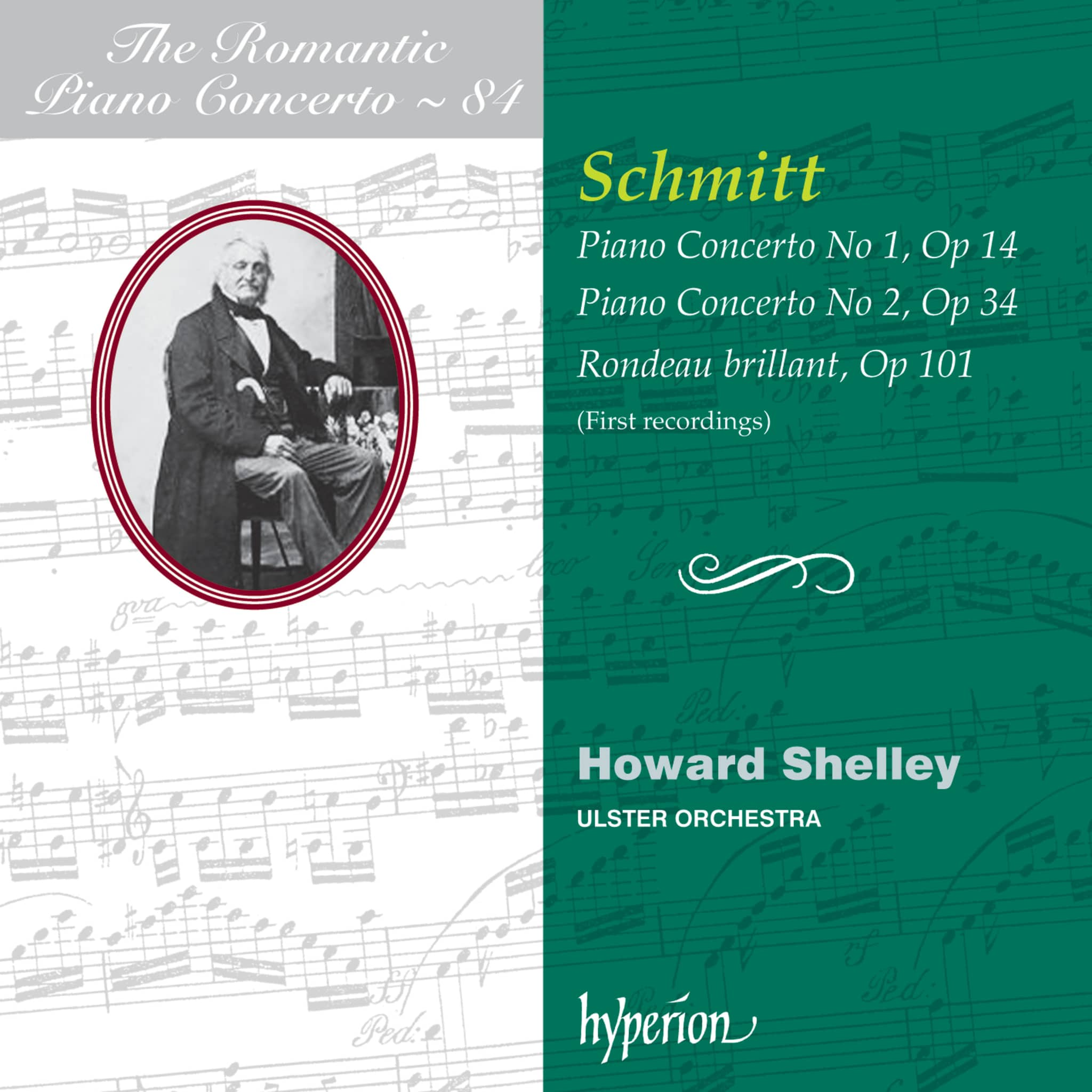Aloys Schmitt: The Maestro of Classical Music
Aloys Schmitt, born on 26 August 1788 and passed away on 25 July 1866, was a celebrated German composer, pianist, and influential music teacher hailing from Erlenbach am Main, Bavaria. He studied composition with Johann Anton André at Offenbach and became widely respected for his pedagogical works and contributions to piano literature.
Schmitt's Legacy
Schmitt's oeuvre includes over 100 works: four operas (Der Doppelgänger, Valeria, Das Osterfest zu Paderborn, Die Tochter der Wüste), two oratorios (Moses, Ruth), church music, chamber works, and a significant body of piano compositions. These include four piano concertos, sonatas, character pieces, and educational studies. His Preparatory Exercises (Op. 16) remain standard piano technique literature alongside the Hanon exercises.
Featured Recording: Aloys Schmitt – Piano Concertos Nos. 1 & 2
Schmitt's Piano Concertos Nos. 1 & 2 are engaging and historically significant. These concertos exude lyrical melodies and classical refinement, underscored by technically demanding writing that showcases both the performer’s skills and Schmitt’s deep understanding of the piano. They are a testament to Schmitt's deep understanding of the piano and his ability to craft compositions that were influential in shaping nineteenth-century piano music.
Schmitt's Influence on Classical Music
Embark on an enriching journey through the mesmerizing soundscapes of Aloys Schmitt's compositions. Dive deep into the world of Schmitt's authentic classical era music, as it amplifies a glorious period in history enriched by masterpieces that have left an indelible mark on the classical music scenario. The pieces rendered revive the magic of Schmitt's compositions, allowing the listeners to appreciate the depth and dimension of these timeless classics.
Let the symphonies of Aloys Schmitt inspire and envelop you in an enchanting blend of music and emotion that will resonate within, long after the last note has been played.
